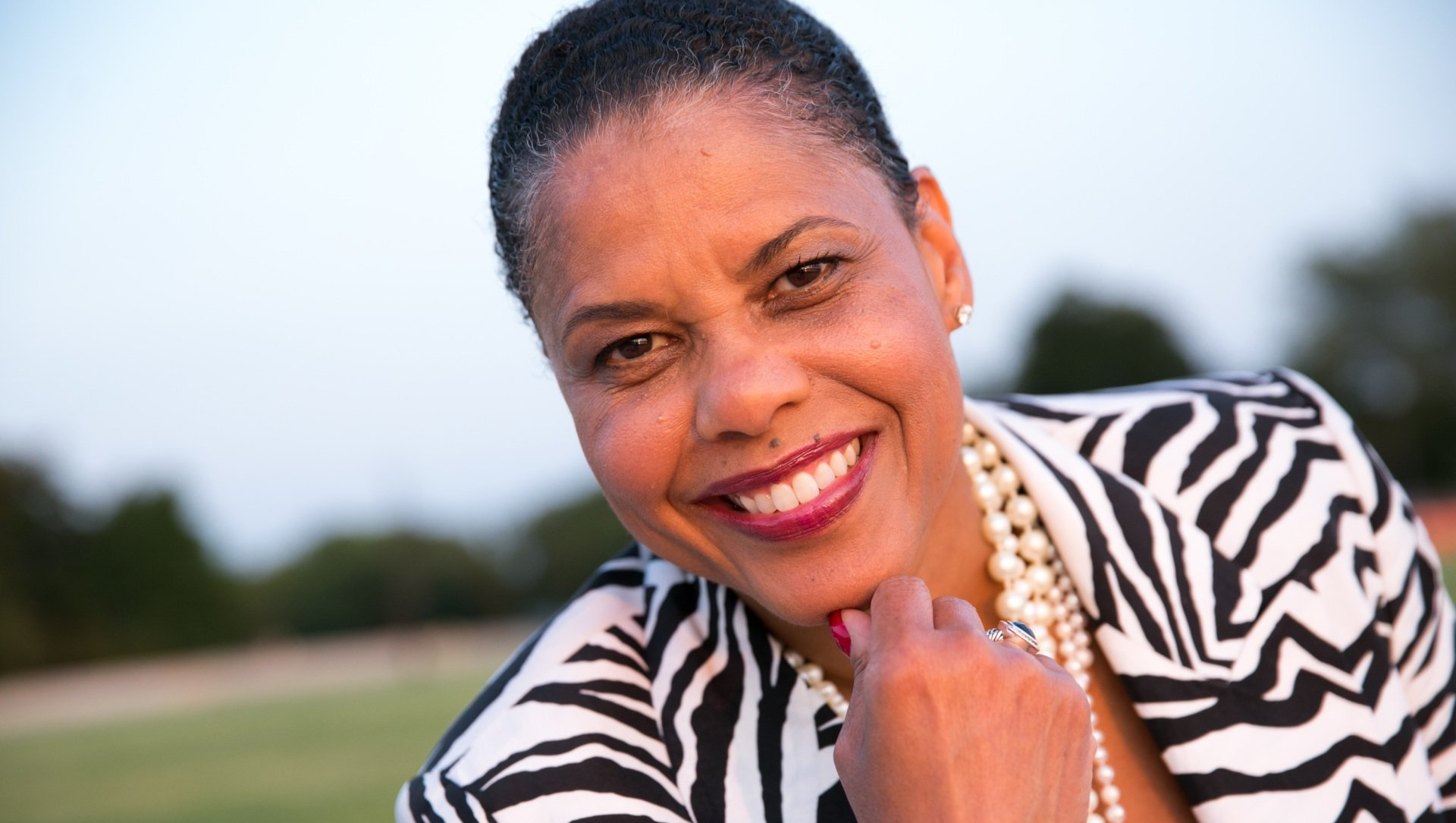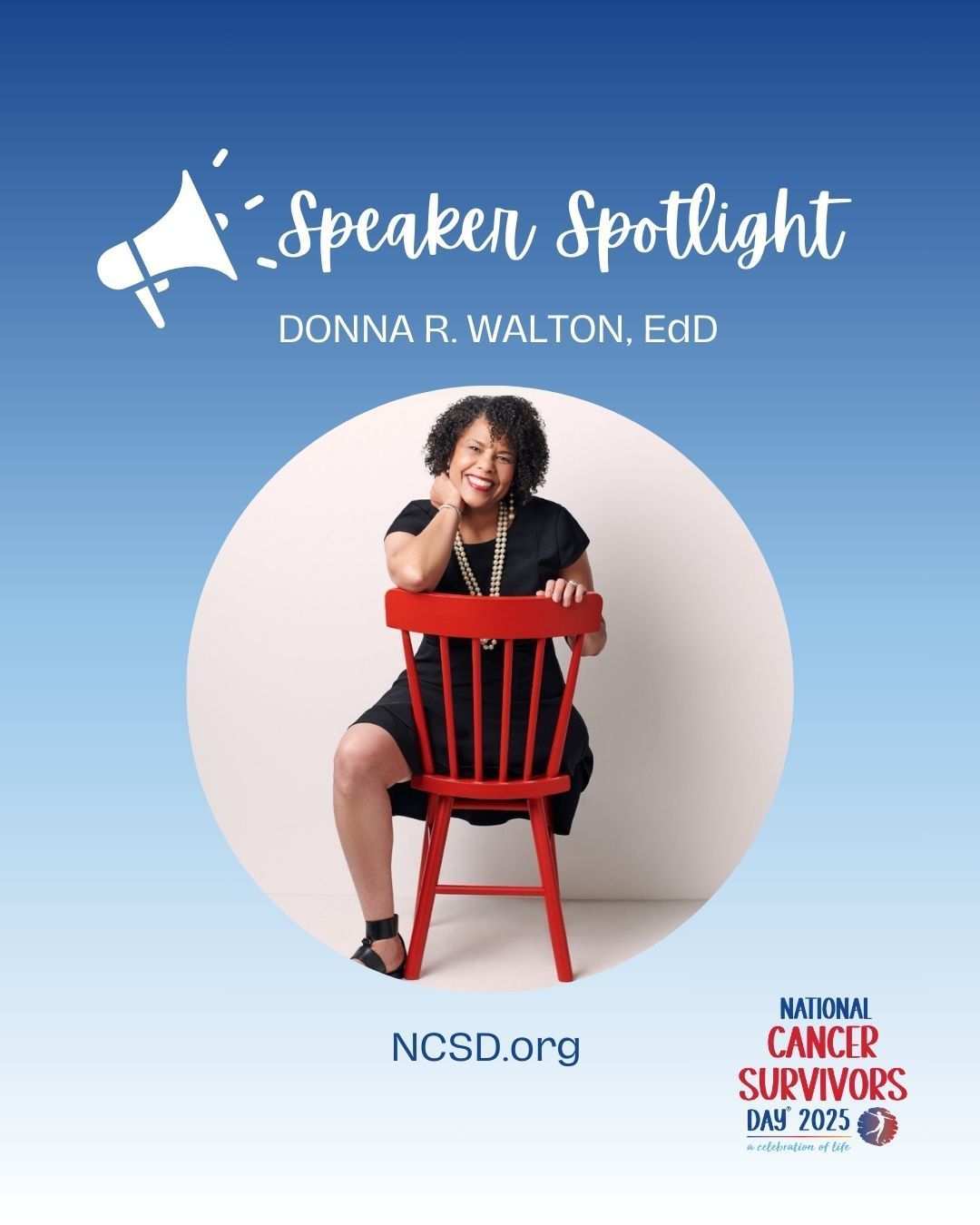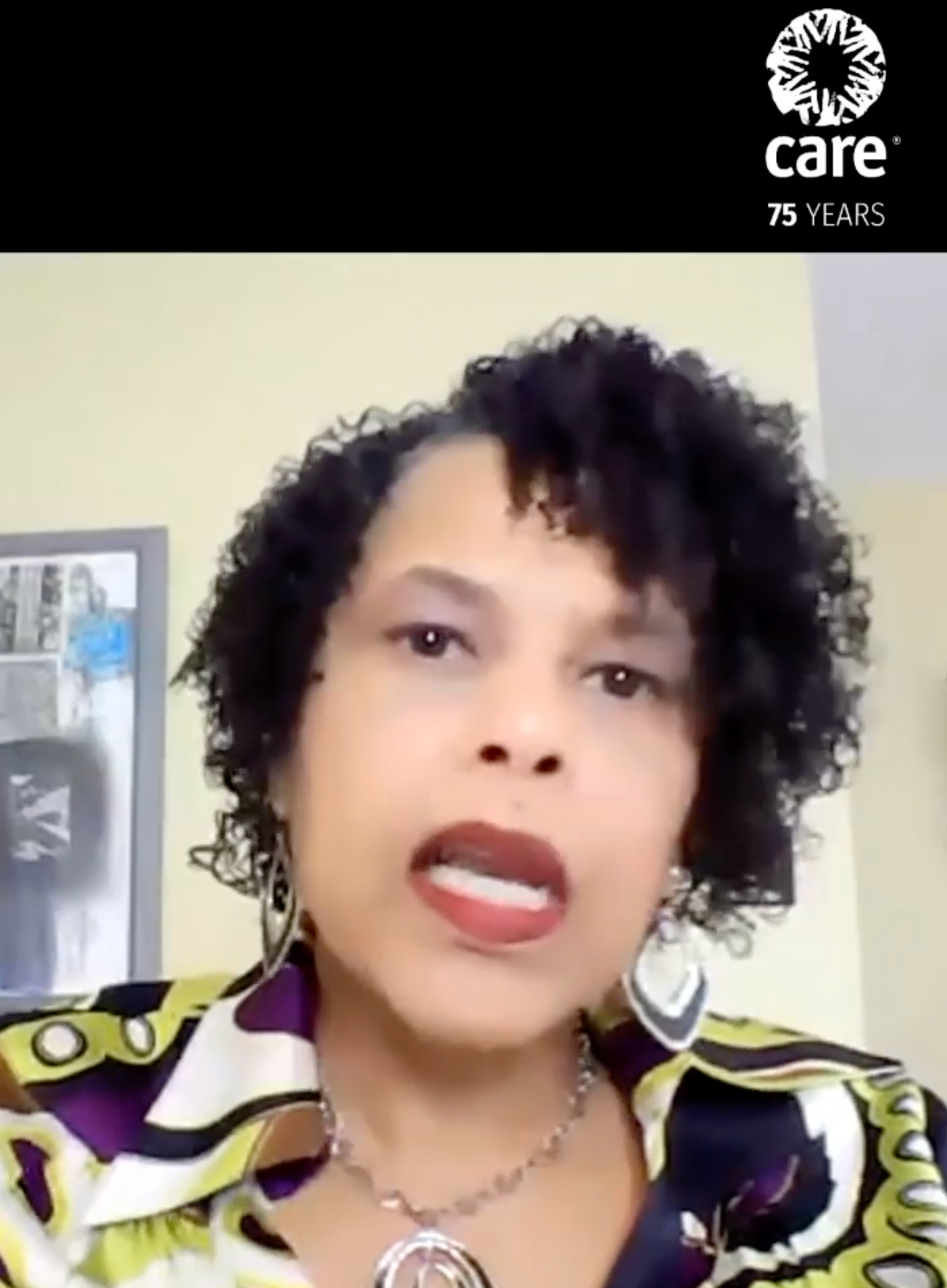A Diva Far Beyond Her Disability

Walton suffered a life-threatening form of bone cancer that resulted in the amputation of one of her legs. But she became stronger, turning a moment into movement as the founder of The Divas With Disabilities Project, (DWD) which brings together women of color with disabilities throughout the world.
“Together, we reject and dispel imagery that perpetuates stereotypes historically portrayed by mass media,” Walton said. “Our mission shapes the perception of what “disability” looks like by highlighting women of color through various media platforms
“My journey began 42 years ago. It’s not about what happens to you, it’s how you deal with the challenges. I knew it wasn’t all about me. I know it was God guiding my ship.”
Despite losing her leg to cancer in 1976, Walton earned a bachelor’s degree from American University, a master’s degree from Syracuse and her doctorate from George Washington University. She went into education where she encourages the physically challenged and able-bodied to stand up for themselves and live the life they dreamed of having.
“I don’t want to impact change, I want people’s lives to be transformed,” Walton said. “Why is my story so different? It is not the story it’s the messenger. People recover from illness all the time but what makes my story unique is that it happened during a time when cancer was death sentence and there few examples.”
Walton said her motto is simple: “What’s a leg got to do with it?”
Walton’s book is entitled “Shattered Dreams Broken Pieces,” and she will be signing copies from 6-8 p.m. Aug. 12 at Union Market in Northeast, Washington, D.C. “The most defining moment for me was when I realized that I was not my disability,” Walton said. “On page 84 of my book there is poem that says, ‘Don’t put in a box.’”
“I am more so much more than you can imagine. Don’t limit me by your limited expectation,” Walton said. “I always thought I was the baddest thing on this planet. I didn’t want to be ignored.”While she has taught students from elementary school to college, she still has a passion for the stage and airwaves. “I want to still find that performer in me,” Walton said “Cathy Hughes gave me my first opportunity and today I am an author, speaker, and advocate.”


